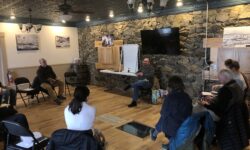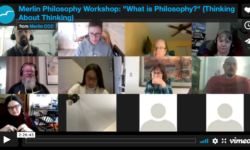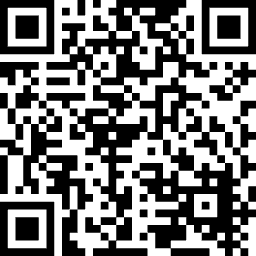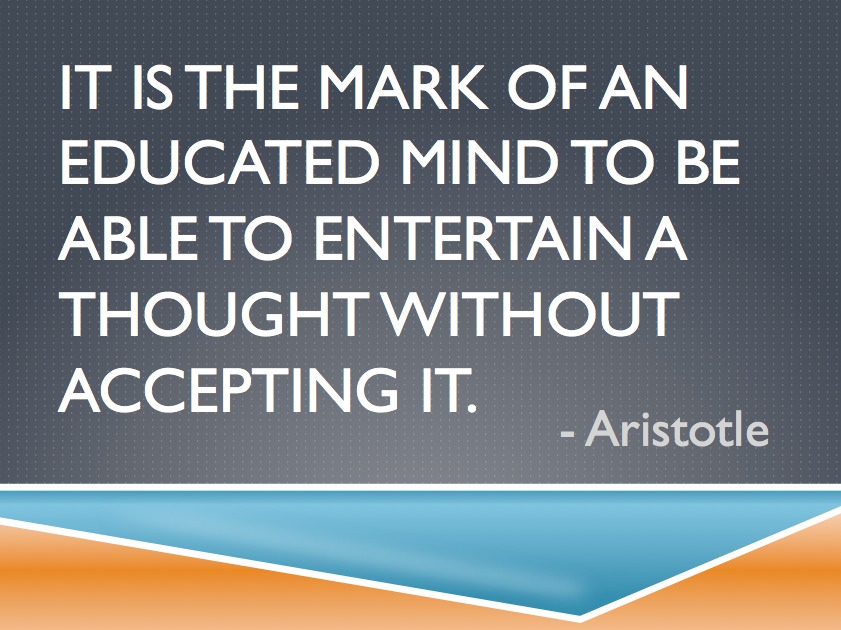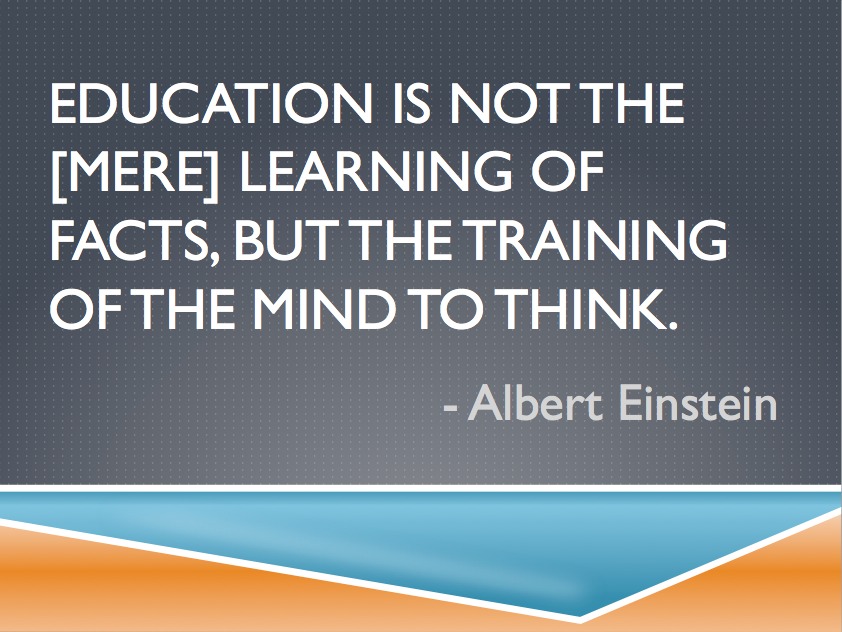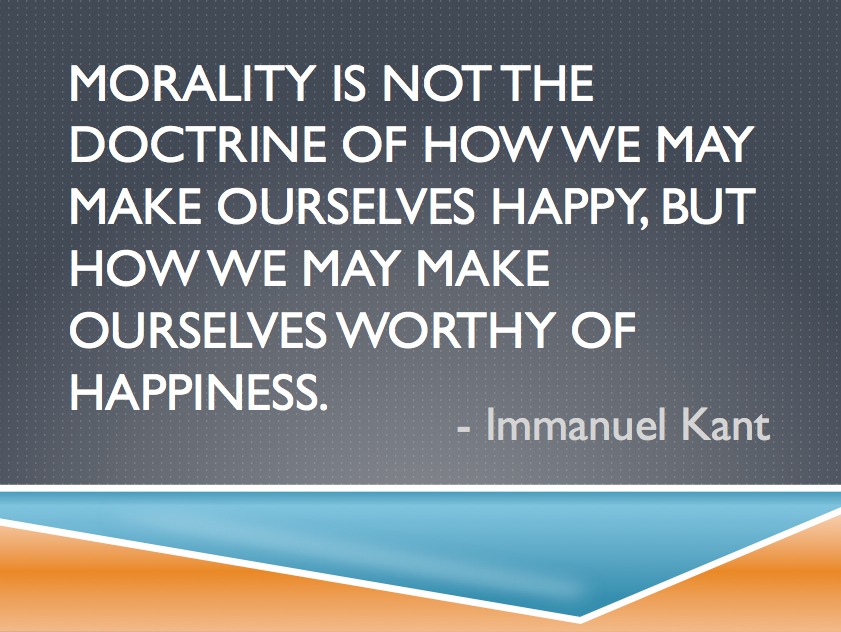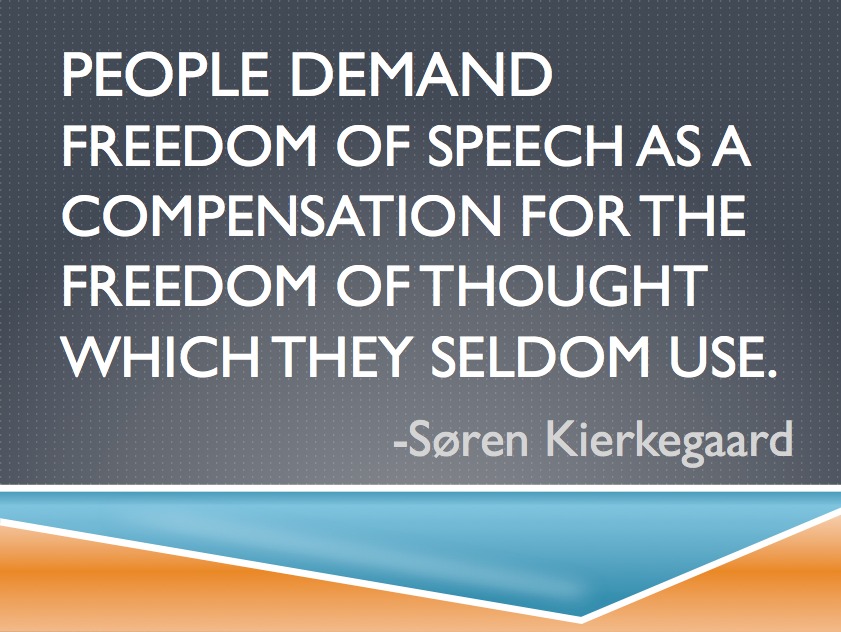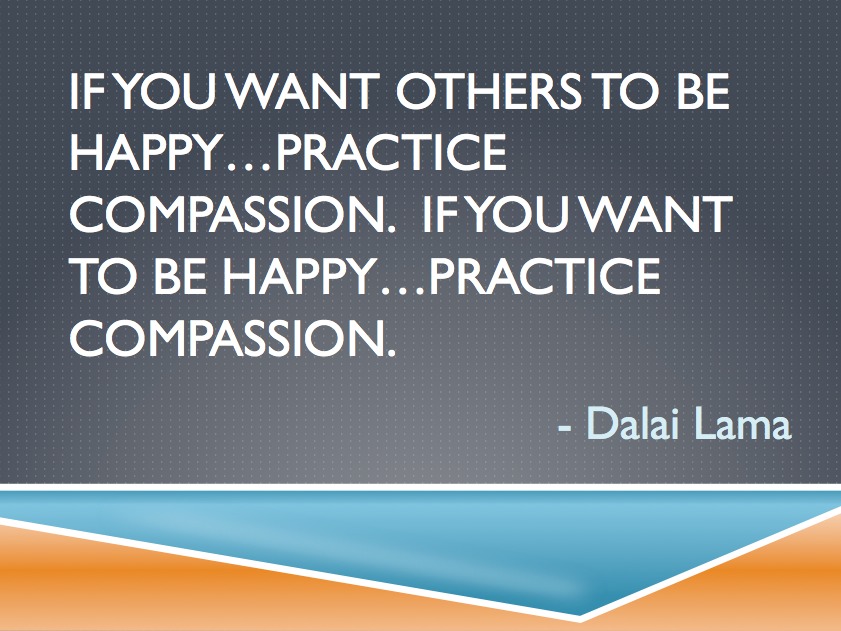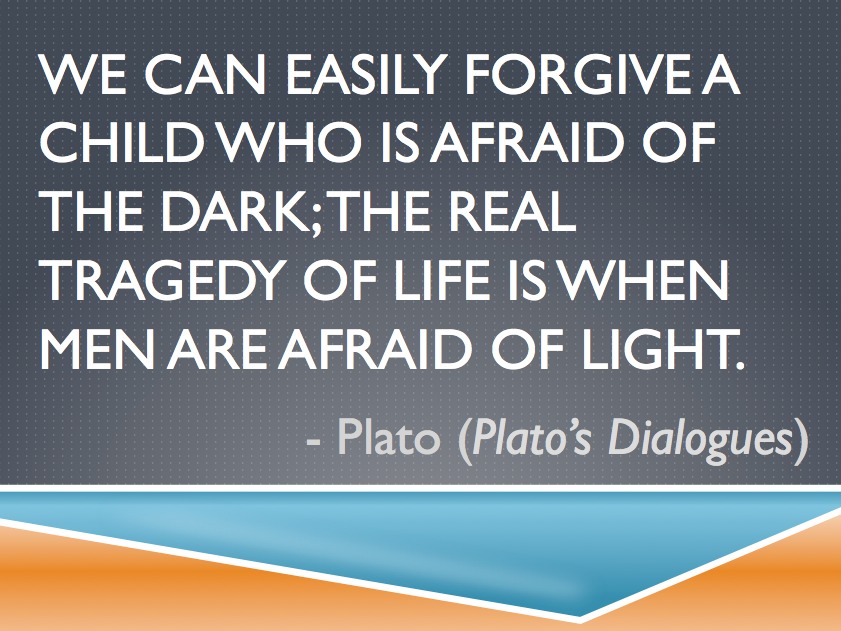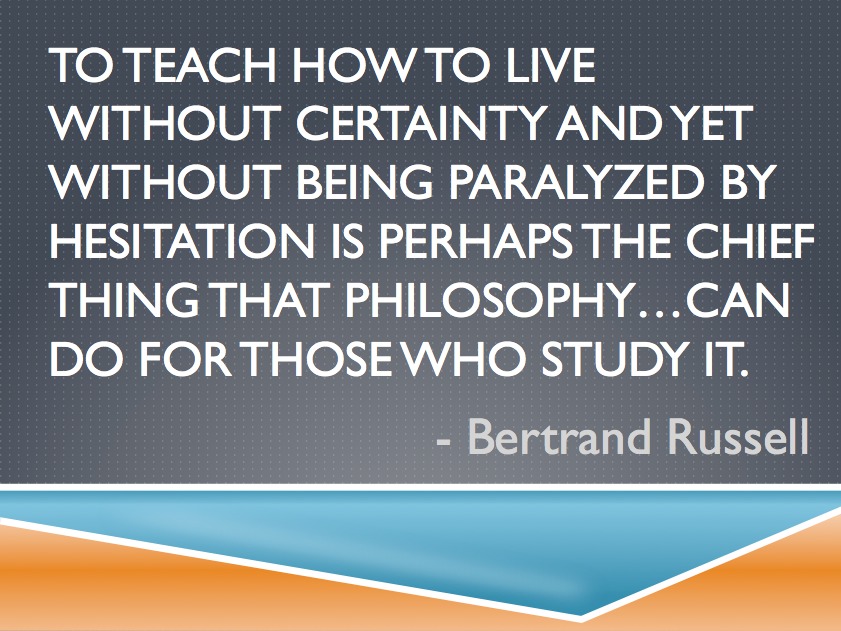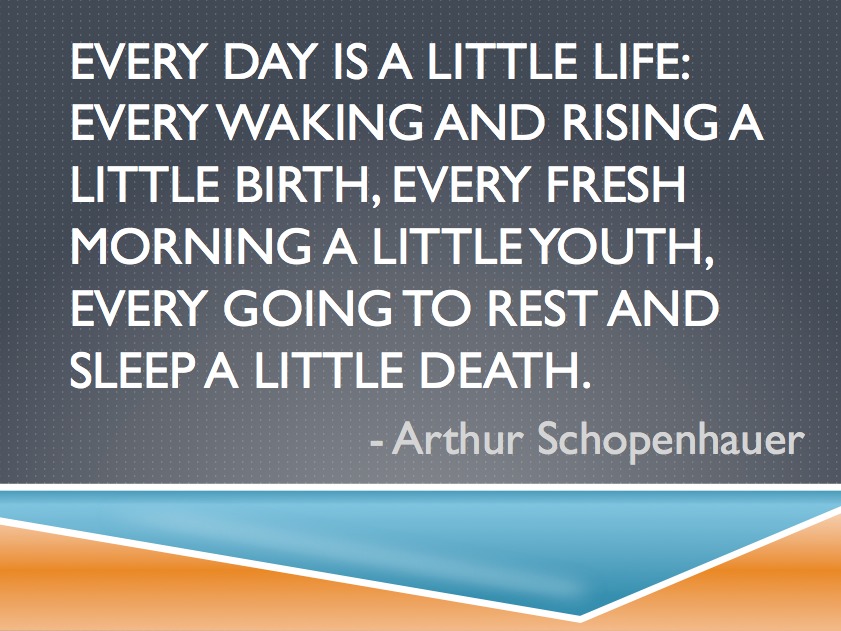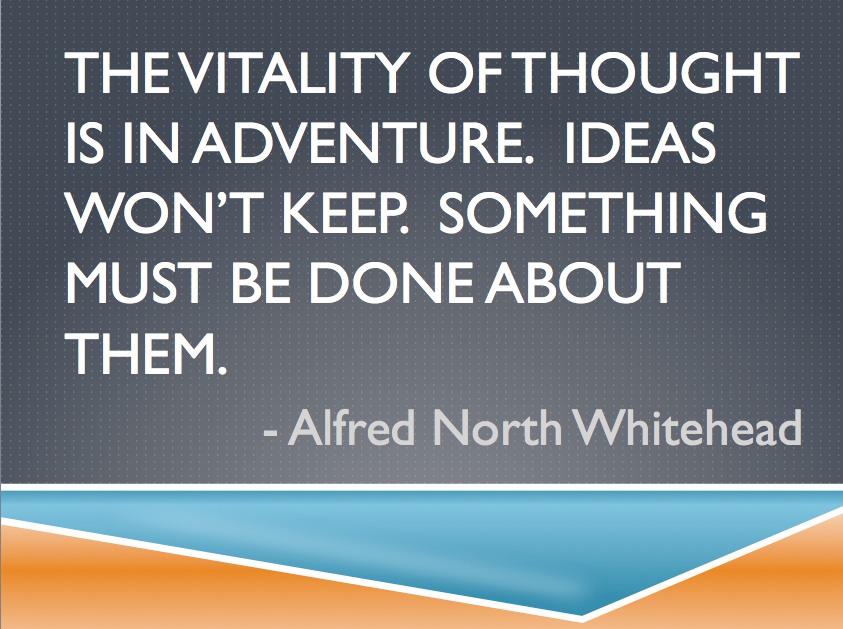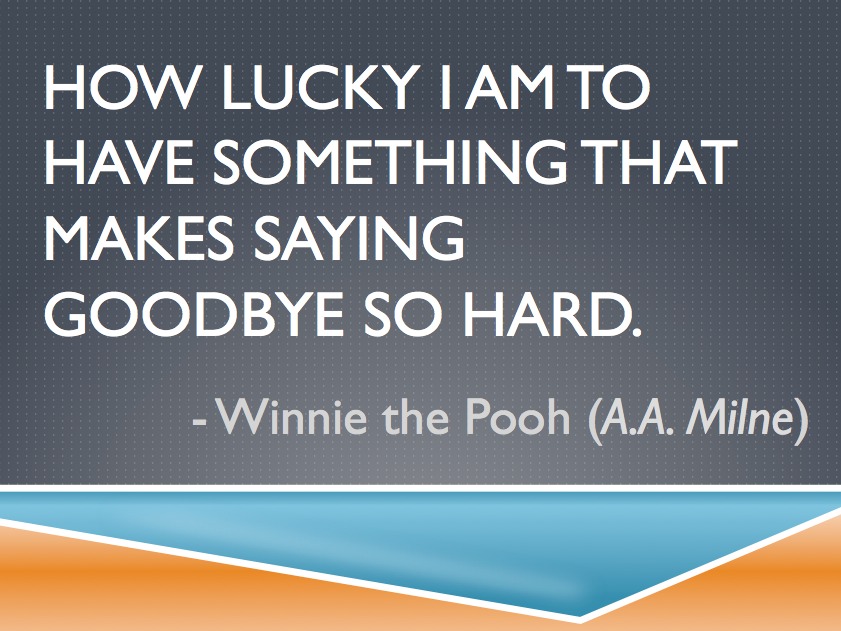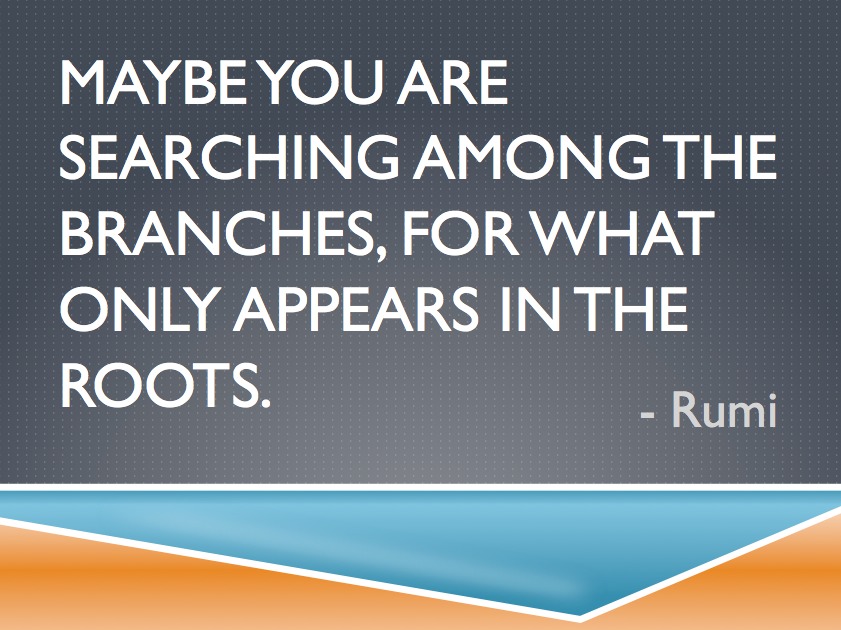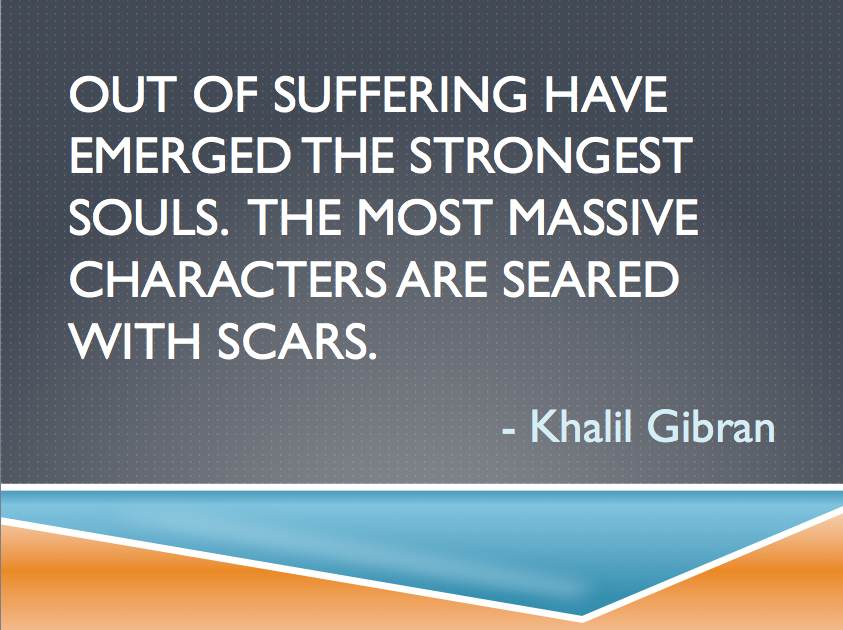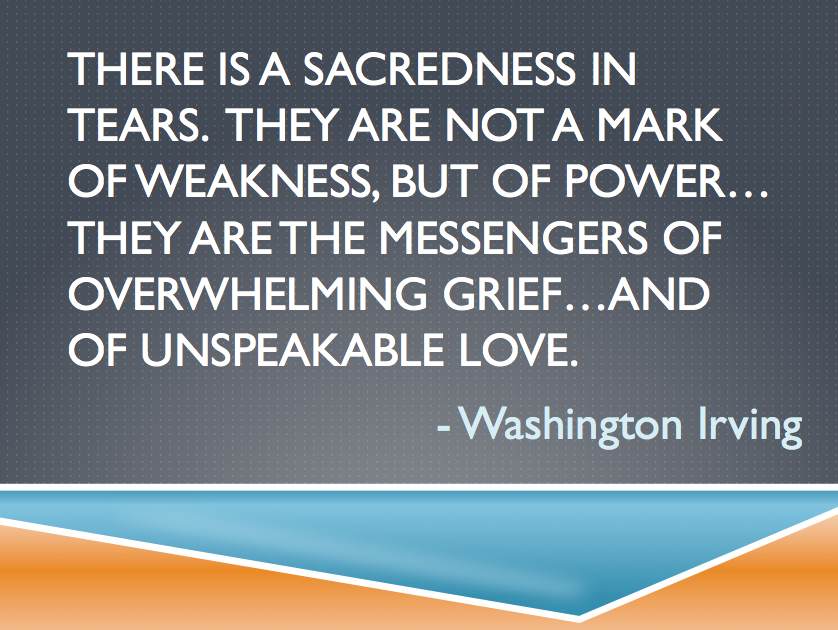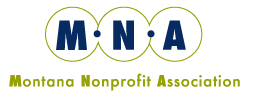Reading & Discussion Series: Exploring the Republic
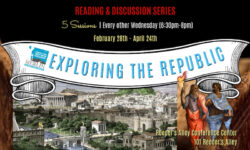
Why is it worthwhile to act justly, even if we could “get away” with injustice? Doesn’t the successful thief or tyrant have a life that’s attractive and enviable? How does the kind of society that we live in shape our character, values, and attitudes as individuals? Is it even possible to be a healthy person, in a society that’s profoundingly sick and unbalanced? Over the winter and early spring, we’ll be exploring these and other main themes from Plato’s Republic. For 5 every-other-Wednesday sessions, we’ll balance our time and attention between close reading of Plato’s text, and considering the implications of Plato’s arguments for our own lives and times. Learn more & RSVP here!

